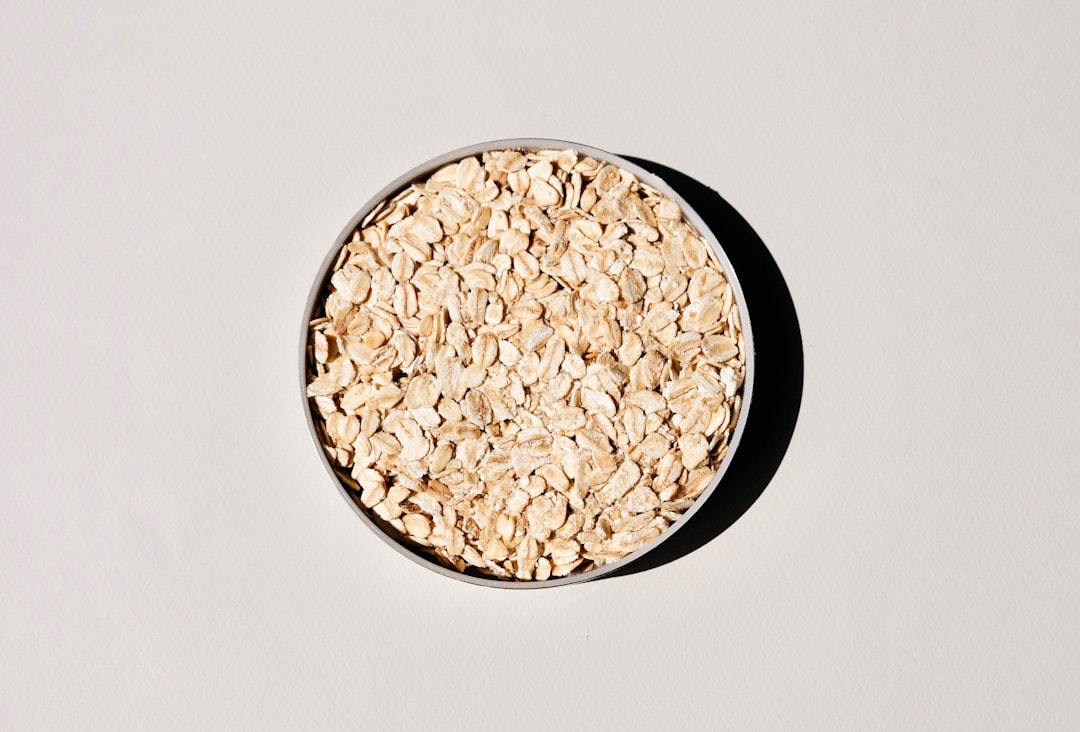Natural skincare has gained popularity in recent years as people become more conscious of the ingredients they are putting on their skin. There are numerous benefits to using natural skincare products, including the avoidance of harsh chemicals and potential allergens. Natural skincare products are often formulated with plant-based ingredients that are gentle on the skin and less likely to cause irritation or adverse reactions. Additionally, natural skincare products are often rich in vitamins, antioxidants, and essential fatty acids that can nourish and protect the skin.
Furthermore, natural skincare products are often more environmentally friendly as they are made with sustainable and biodegradable ingredients. Many natural skincare brands also prioritize ethical sourcing and production practices, which can give consumers peace of mind knowing that their skincare routine is not contributing to environmental harm or unethical labour practices. Overall, natural skincare offers a holistic approach to skincare that not only benefits the skin but also aligns with a more sustainable and ethical lifestyle.
Summary
- Natural skincare products are free from harmful chemicals and are better for the environment.
- Understanding your skin type and its specific needs is crucial for an effective skincare routine.
- Look for natural ingredients like aloe vera, coconut oil, and tea tree oil for a gentle and effective skincare regimen.
- Personalise your skincare routine by considering factors like age, skin type, and specific skin concerns.
- Incorporating natural remedies like honey masks and DIY treatments can enhance your skincare routine and provide additional benefits.
Understanding Your Skin’s Needs
Understanding your skin’s needs is crucial for developing an effective skincare routine. Different skin types have different requirements, and it’s essential to tailor your skincare regimen to address your specific concerns. For example, individuals with oily skin may need products that help control excess sebum production, while those with dry skin may require more hydrating and moisturising formulations. It’s also important to consider other factors such as age, environmental influences, and any existing skin conditions when determining your skin’s needs.
In addition to considering your skin type, it’s also important to pay attention to any sensitivities or allergies you may have. Certain ingredients commonly found in skincare products, such as fragrances and preservatives, can cause irritation or allergic reactions in some individuals. By understanding your skin’s needs and potential sensitivities, you can make informed choices when selecting skincare products and ingredients that will benefit your skin without causing harm.
Choosing the Right Ingredients for Your Skincare Routine
When it comes to choosing the right ingredients for your skincare routine, it’s important to look for natural and beneficial components that address your specific skin concerns. Some common natural ingredients that are known for their skincare benefits include aloe vera, which has soothing and hydrating properties, and tea tree oil, which is known for its antibacterial and anti-inflammatory properties. Other popular natural ingredients include jojoba oil, rosehip oil, and shea butter, all of which offer moisturising and nourishing benefits for the skin.
It’s also important to be mindful of potentially harmful ingredients that are often found in conventional skincare products, such as parabens, sulfates, and synthetic fragrances. These ingredients can be harsh on the skin and may cause irritation or other adverse reactions. By opting for natural skincare products that are free from these harmful additives, you can reduce the risk of potential skin damage and sensitivities.
Creating a Personalised Skincare Regimen
Creating a personalised skincare regimen involves considering your individual skin type, concerns, and goals. It’s important to establish a routine that addresses your specific needs while also taking into account factors such as lifestyle, climate, and environmental influences. A basic skincare regimen typically includes cleansing, exfoliating, moisturising, and sun protection, but the specific products and techniques used should be tailored to your unique skin profile.
For example, individuals with acne-prone skin may benefit from incorporating targeted treatments such as salicylic acid or benzoyl peroxide into their routine, while those with sensitive skin may need to opt for gentle and fragrance-free products. Additionally, individuals living in sunny climates may need to prioritise sun protection by using a broad-spectrum sunscreen daily, while those in colder climates may require richer moisturisers to combat dryness.
Incorporating Natural Remedies and DIY Treatments
In addition to using natural skincare products, incorporating natural remedies and DIY treatments can further enhance your skincare routine. Many common kitchen ingredients such as honey, yogurt, and oatmeal have skincare benefits and can be used to create homemade masks and treatments. For example, a honey mask can help hydrate and soothe the skin, while a yogurt mask can provide gentle exfoliation and brightening effects.
Furthermore, natural remedies such as herbal teas and floral waters can be used as toners or facial mists to refresh and revitalise the skin. These natural remedies often contain antioxidants and other beneficial compounds that can support overall skin health. By incorporating natural remedies and DIY treatments into your skincare routine, you can take a more hands-on approach to caring for your skin while also minimising exposure to potentially harmful synthetic ingredients.
Maintaining a Healthy Lifestyle for Radiant Skin
Maintaining a healthy lifestyle is essential for achieving radiant and healthy-looking skin. Factors such as diet, hydration, exercise, and stress management all play a role in the overall health and appearance of the skin. A balanced diet rich in fruits, vegetables, lean proteins, and healthy fats can provide essential nutrients that support skin health from the inside out.
Additionally, staying hydrated by drinking an adequate amount of water each day can help keep the skin hydrated and plump. Regular exercise can improve circulation and promote a healthy complexion by delivering oxygen and nutrients to the skin. Managing stress is also important as chronic stress can contribute to various skin issues such as acne, eczema, and premature ageing.
Tips for Long-Term Success with Natural Skincare
To achieve long-term success with natural skincare, it’s important to be consistent with your routine and patient with the results. Natural skincare products often work gradually and may require time to show noticeable improvements in the skin. It’s also important to be mindful of any potential triggers or irritants that may affect your skin negatively.
Furthermore, regular evaluation of your skincare routine is essential as your skin’s needs may change over time due to factors such as age, hormonal fluctuations, or seasonal changes. Adjusting your skincare regimen accordingly can help ensure that your skin continues to receive the care it needs. Lastly, seeking professional advice from a dermatologist or skincare specialist can provide valuable insights into your skin’s specific needs and help you make informed decisions about your skincare routine.
Discover the art of crafting your own anti-aging skincare recipes with natural ingredients in our related article, “Anti-Aging Skincare Recipes with Natural Ingredients.” Dive into the world of sustainable skincare for eco-conscious beauty enthusiasts with our comprehensive guide, “Green Beauty: The Ultimate Guide to Sustainable Skincare for Eco-Conscious Beauty Enthusiasts.” And don’t miss out on celebrating the best in skincare innovation with our article, “Skin Wins: Celebrating the Best in Skincare Innovation.” Unlock the secrets of a natural skincare routine and explore more fascinating insights into the world of skincare.
FAQs
What are the benefits of a natural skincare routine?
A natural skincare routine can provide numerous benefits, including reducing the risk of skin irritation and allergic reactions, promoting healthier and more radiant skin, and supporting sustainable and eco-friendly practices.
What are some common natural ingredients used in skincare products?
Common natural ingredients used in skincare products include aloe vera, coconut oil, shea butter, jojoba oil, tea tree oil, rosehip oil, and various plant extracts such as chamomile, green tea, and lavender.
How can I create a natural skincare routine at home?
To create a natural skincare routine at home, you can start by using gentle cleansers, natural exfoliants such as sugar or oatmeal, hydrating with natural oils or moisturizers, and using natural face masks and serums. It’s important to research and understand the properties of different natural ingredients before incorporating them into your routine.
Are natural skincare products suitable for all skin types?
Natural skincare products can be suitable for all skin types, but it’s important to choose products that are specifically formulated for your skin type, whether it’s dry, oily, combination, sensitive, or acne-prone. Consulting with a dermatologist or skincare professional can help you determine the best natural products for your skin.
What are some potential drawbacks of natural skincare products?
While natural skincare products can offer many benefits, some potential drawbacks include shorter shelf life due to the absence of synthetic preservatives, variability in effectiveness due to natural variations in ingredients, and the potential for allergic reactions to natural substances. It’s important to patch-test new products and be mindful of individual sensitivities.




